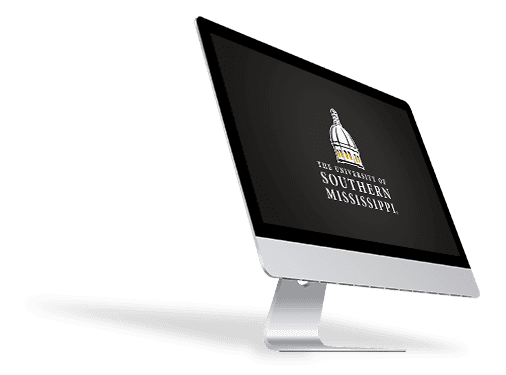Some times things break, unfortunate but true, and we all have a toolbox that helps us fix things the best we can. Whether it’s a big red shelving unit in our garage, or a drawer with glue and a pair of scissors, a toolbox can take many forms. But what happens when the tools you need aren’t for fixing something around the house, but for saving a person’s life during an emergency? An ACLS certification is a toolbox you always have on you. For nurses wanting a more rounded skill set, an ACLS certification can equip you with a more in-depth knowledge in an emergency situation.
In this installment of our EdTalks series, we asked Dr. Lachel Story about the importance of expanding your toolbox by adding an Advanced Cardiac Life Support (ACLS) certification to your medical knowledge. Dr. Story is the Dean of the College of Nursing and Health Professions and the perfect professor to discuss ways nurses can add to their skillset. In this chat, we discussed the importance of ACLS, why CPR may not be enough, what a Critical-Care Nurse (CCRN) certification will help prepare you for, and a lot more.
Q. What is ACLS?
A. ACLS is a set of medical interventions for emergency treatment of cardiac arrest, stroke, and other life-threatening conditions. Healthcare providers learn how long to perform CPR, how to administer chest compressions, what medications can be used, and how to deliver an electronic shock.
Q. What is the difference between CPR and ACLS?
A. CPR may be performed by healthcare professionals as well as non-medical professionals. For instance, teachers, lifeguards, police officers, firemen, etc. However, CPR is just a single procedure. ACLS, on the other hand, are more advanced intervention procedures performed by healthcare professionals like physicians, nurse practitioners, nurses, and paramedics.
Q. Why would you recommend being ACLS certified?
A. ACLS certification is beneficial and often required for healthcare providers who respond to emergency situations. For example, healthcare providers who work in the emergency departments, intensive care units, surgery, etc. would benefit from having an ACLS certification. ACLS certification prepares you to anticipate and react to those emergency situations with the appropriate medical interventions. These knowledge and skills can mean the difference in life and death for the patient. ACLS certification may also improve graduate school applications for programs such as acute care nurse practitioner and nurse anesthesia. Additionally, many jobs will provide financial incentives for ACLS certification.
Q. What is CCRN?
A. CCRN is a credential granted by the American Association of Critical-Care Nurses that validates knowledge of nursing care of acute or critical care adults, pediatrics, or neonatal patients.
Q. Why would you recommend being CCRN certified?
A. The CCRN helps you maintain a base knowledge of acute and critical nursing care. This certification may improve graduate school applications for a number of programs. RNs and APRNs who work in a number of different areas including intensive care units (ICUs), emergency departments, and nurse anesthesia should become CCRN certified. Additionally, many jobs give incentives for nurses with this certification.
Q. What advantages do nursing students have when taking their classes online?
A. The advantage of taking nursing courses online is that students can advance their education and complete their degrees without being disruptive to their work schedules and family life.
We’d like to thank Dr. Story for her insight into how nurses can make their professional skills better. Now that you have a little more knowledge about the certifications, we’d like to invite you to check out one of our nationally ranked nursing programs you could add to your toolbox from Southern Miss. RNs can take advantage of our undergraduate BSN degree. We also offer a number of MSN degrees, and a one-of-a-kind fully-online Nursing Leadership PhD for graduate students.





Share on Social Media: